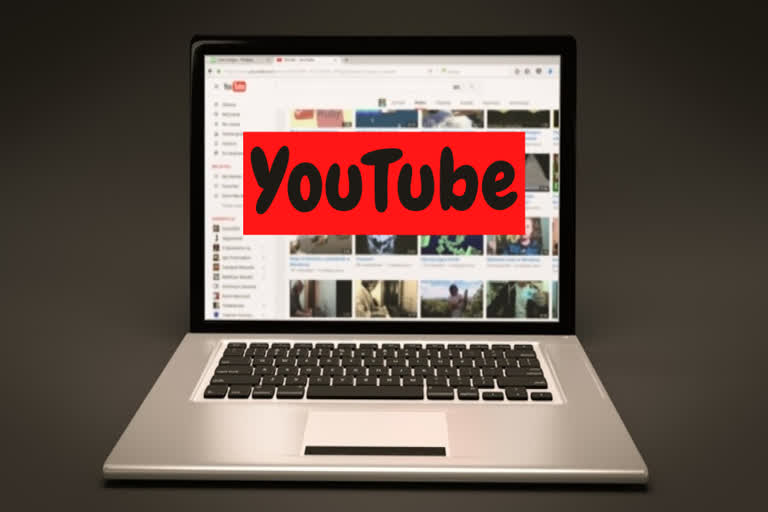Toronto: Despite YouTube's efforts to remove pandemic related misinformation, more than a quarter of the most viewed COVID-19 English-language videos on the platform contains misleading or inaccurate information, reveals a new study.
Misleading or inaccurate information in these videos included claims such as pharmaceutical companies already have a cure, but refuse to sell it, or that certain countries have stronger strains of coronavirus; inappropriate recommendations for the general public; racist and discriminatory remarks; and conspiracy theories.
"This is particularly alarming, when considering the immense viewership of these videos," said the researchers.
"Evidently, while the power of social media lies in the sheer volume and diversity of information being generated and spread, it has significant potential for harm," they added.
- For the study, published online in the journal BMJ Global Health, Heidi Oi-Yee Li, a medical student at the University of Ottawa in Canada, and her colleagues searched the Google-owned digital platform for the most widely viewed and relevant videos as of March 21.
- After excluding those that were duplicates, in languages other than English, lasted more than an hour, or didn't contain audio or visual content, 69 videos became eligible for analysis.
Also Read: Dell refreshes XPS line-up with 2 new laptops
- The number of views for the 69 videos included in the analysis added up to 257, 804,146.
- Nearly 50 of the videos contained only factual information. But more than one in four contained misleading or inaccurate information, representing 62,042,609 views or around a quarter of the total, said the study.
- Among the 19 misleading videos, around a third came from entertainment news, with network and internet news sources each accounting for around a quarter. Consumer videos made up 13 per cent of the total.
While good quality accurate information put out by government bodies and experts is widely available on YouTube, it's often hard to understand and lacks popular appeal, so does not have the reach it needs, said the researchers.
In a blog post on March 15, Google CEO Sundar Pichai said that the company was removing COVID-19 misinformation on YouTube, Google Maps, its developer platforms like Play, and across ads.
"On YouTube, we've taken down thousands of videos related to dangerous or misleading coronavirus information, and we continue to remove videos that promote medically unproven methods to prevent coronavirus in place of seeking medical treatment," Pichai said.
- Besides removing misleading information, YouTube is also promoting helpful information, including raising up authoritative sources in search and recommendations and showing information panels, linking to locally relevant sources like the World Health Organization (WHO), on relevant videos.
Also Read: 'Ayush Sanjivani', mobile app launched by the Ministry of AYUSH & MEITY
(Inputs from IANS)



